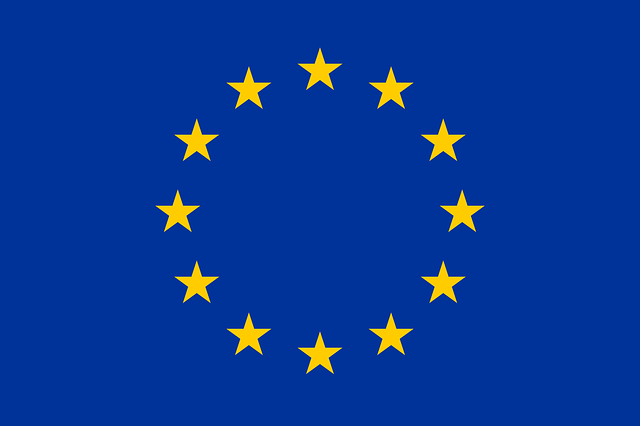The Single Permit Directive of 2011, establishes a simplified application procedure and one single permit for both the right to work and stay in the EU.
It gives non-EU nationals working in the EU the right to be treated equally to EU nationals, for example with regards to working conditions, social security, recognition of qualifications, and tax benefits.
Directive rules cover most non-EU workers, whether admitted to an EU country for work according to national rules. Persons admitted for other reasons, such as family reunification, are covered for equal treatment if they work. Some non-EU nationals are excluded from the directive such as seasonal workers and posted workers.
The directive applies in 25 EU countries (but not in Denmark and Ireland).
The single permit allows non-EU country beneficiaries to enjoy a set of rights, including:
- the right to work, reside and move freely in the issuing EU country,
- the same conditions as nationals of the issuing country as regards working conditions (such as pay and dismissal, health and safety, working time and leave), education and training, recognition of qualifications, certain aspects of social security, tax benefits, access to goods and services including housing and employment advice services.
The directive sets specific criteria, based on which EU countries can restrict equal treatment on certain issues (access to education/training, social security benefits such as family benefits or housing).
Objectives
Main objectives:
- to facilitate the procedure for a third-country national to be admitted to work in an EU Member
State, by introducing a single application procedure for a combined work and residence permit. - to ensure equal treatment between third-country workers and nationals of the permit issuing Member State, by providing a common set of rights regarding working conditions,
education and training, access to goods and services, and social security.
Recast
The proposed recast of the Single Permit Directive will make the application procedure for the single permit more efficient. It will enable applicants to apply for permits from both non-EU countries and Member States. Currently, the long duration of application procedures unencourages employers from international recruitment. Reducing this duration will help increase the EU’s attractiveness and address EU labour shortages.
The proposal also includes new requirements to strengthen the safeguards and equal treatment of nationals of non-EU countries as compared to EU citizens and improve their protection from labour exploitation.
Under the proposed new rules, the single permit will not be linked to one employer alone. This means that within the period of validity of the permit, workers will have the right to change employers while continuing to reside legally in the Member State. This will facilitate labour matching and reduce vulnerability to labour exploitation.
Furthermore, the proposal includes new obligations for Member States to provide for:
- inspections
- monitoring mechanisms
- sanctions against employers breaking the rules
Legal basis
DIRECTIVE 2011/98/EU OF THE EUROPEAN PARLIAMENT AND OF THE COUNCIL
of 13 December 2011
on a single application procedure for a single permit for third-country nationals to reside and work in the territory of a Member State and on a common set of rights for third-country workers legally residing in a Member State
Resources on the web
- Non-EU workers – easier residence and work formalities – summary
- European Parliament –Directive 2011/98/EU
- Proposed recast


